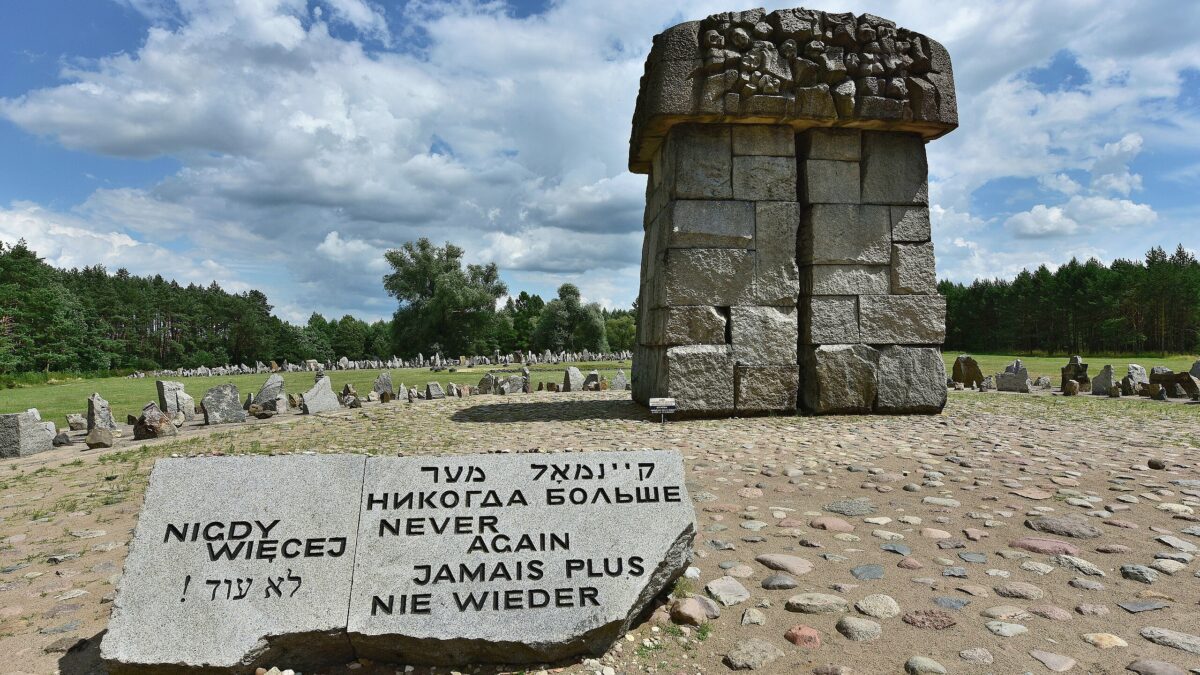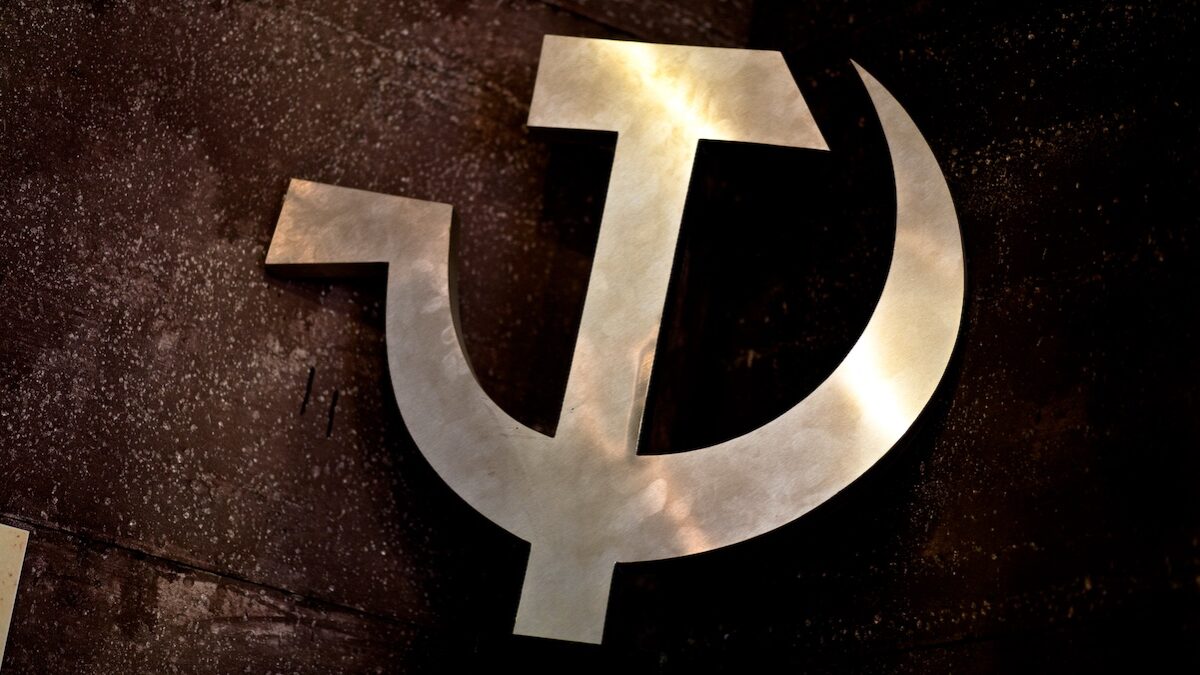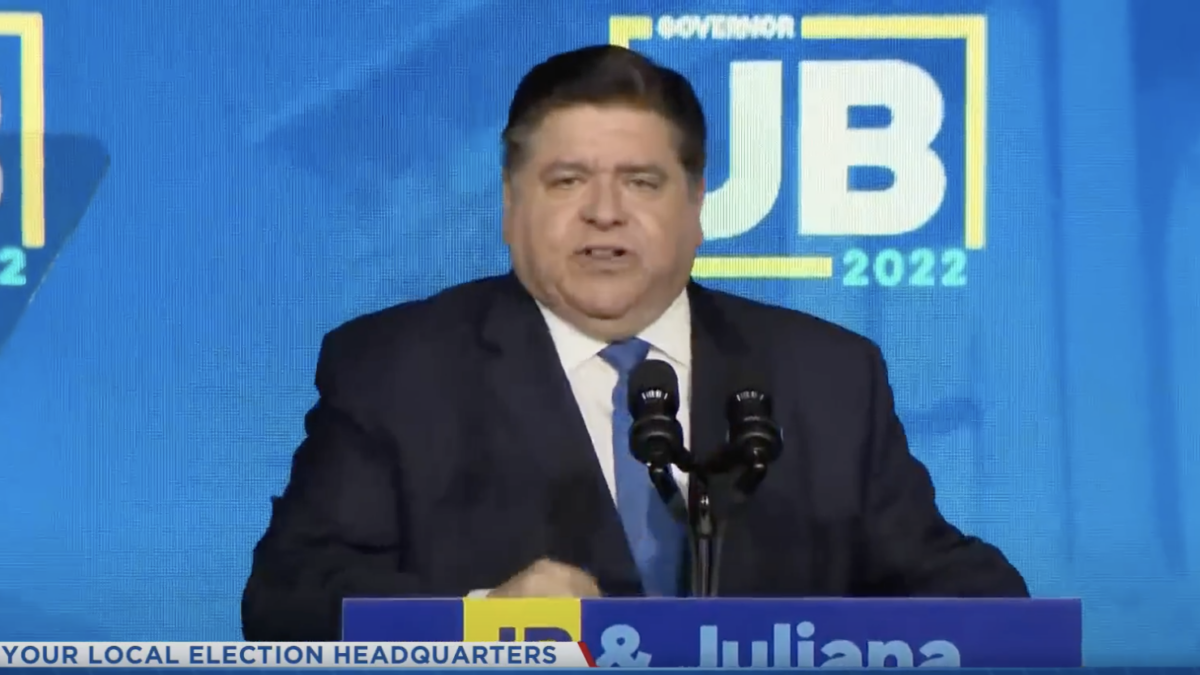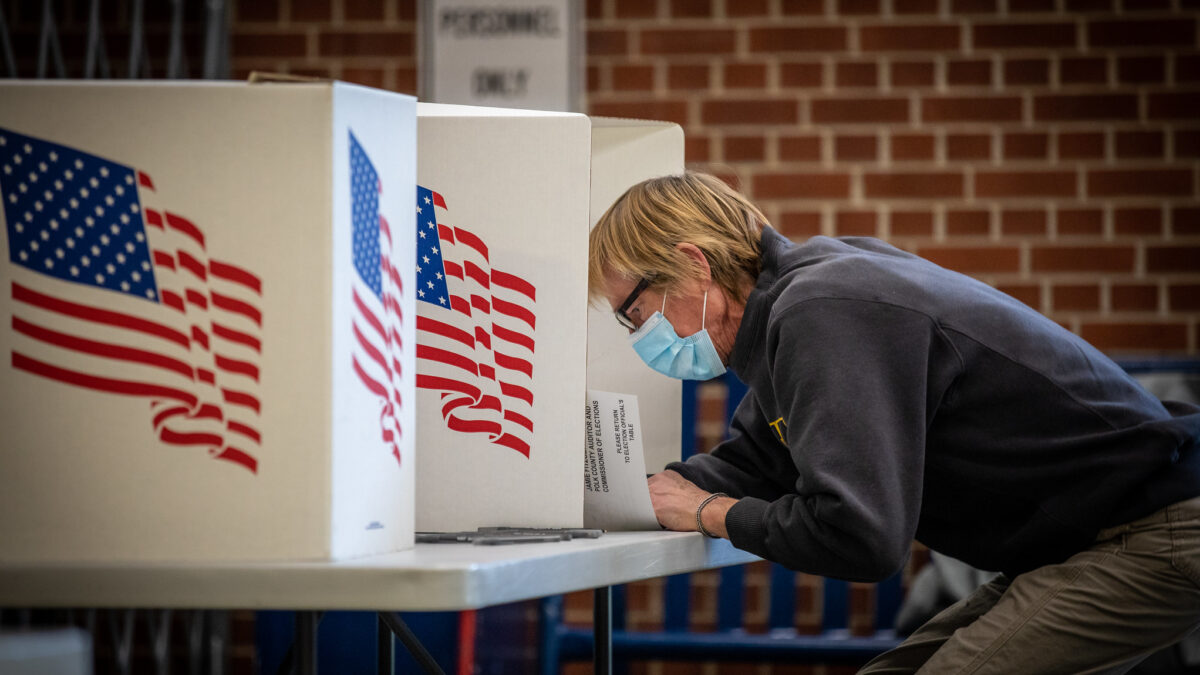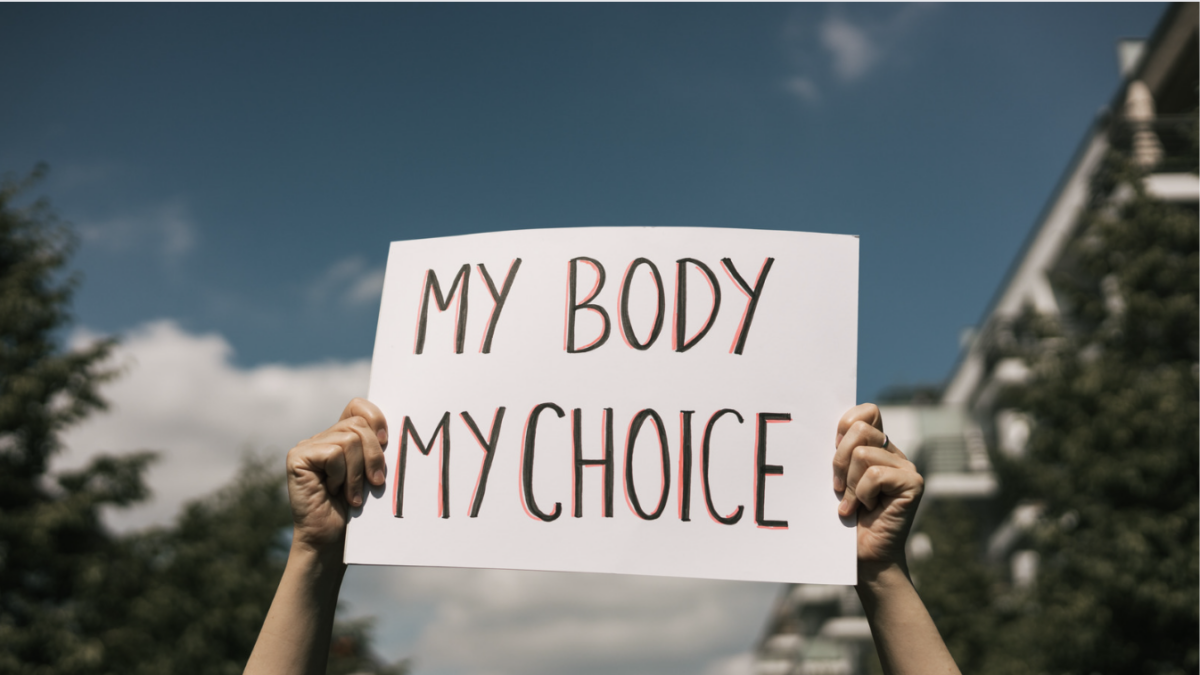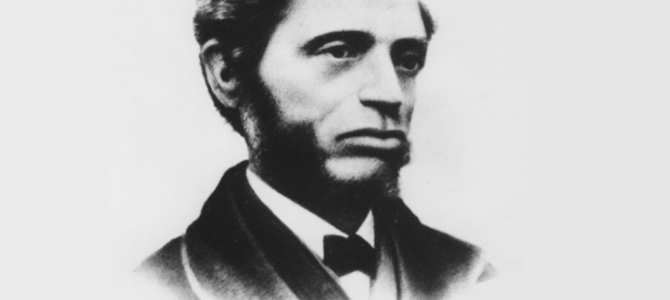
It seems most presentations of black history are either pushing an ideological agenda, such as the “1619 Project,” or so trite and bland that you lose interest. Activism is substituting analysis, and U.S. historical knowledge is declining. Stories that would be otherwise interesting are instead filled with two-dimensional characters that fail to connect to potentially large audiences. And then there are the stories that just never get told.
Many of those can be found in a book titled “Colored Patriots of the American Revolution,” written by William Cooper Nell, an African-American author, in 1852. He wrote the book after the Massachusetts Legislature denied a petition to erect a monument to Crispus Attucks, honoring him as the first martyr of the American Revolution.
By the 1850s, Attucks’ story, and many others, were largely forgotten, which made it easier to think blacks played no important part in America’s story. Nell’s innovative approach of collecting oral records passed down from Revolutionary War veterans showed what these unsung heroes did for their country and why they deserved equal rights.
Reading this book makes you feel like you don’t know the country as well as you thought you did. It’s hard to believe the stories in it are true. Lemuel Haynes, for example, was raised as an indentured servant, enlisted as a minuteman in 1774, then became the first black ordained minister. Here’s the kicker: He accepted the call to be the pastor of a white church, where he served for over 30 years.
Nell Tells Little-Known Stories of Black Patriots
A favorite story of mine, which isn’t in Nell’s book, has to do with James Armistead. Born a slave in Virginia, he enlisted with Marquis de Lafayette’s French units, where he was employed as a spy. He first gained the confidence of Benedict Arnold and then got assigned to the camp of Lord Cornwallis, who wanted to use him as a spy for the Brits against the Americans, not suspecting him of being a patriot.
Armistead became a double agent, collecting crucial intelligence and feeding false information to the British. His efforts enabled French and American forces to trap Cornwallis at Yorktown and win the war. As much as anyone else, we can thank James Armistead Lafayette, who added the name in honor of his general, for America’s independence.
Richard Allen, born a slave, helped Benjamin Rush fight the yellow fever epidemic of 1794 that hit Philadelphia. Allen, along with Absalom Jones, produced the first U.S. publication written by blacks. They defended the black community against accusations of looting and theft during the outbreak, as half the city left town. They later founded the African Methodist Episcopal Church.
Unfortunately, Nell’s book is not widely known. Just as Nell revived the stories of black patriots, I felt the need to revive Nell’s work through a podcast I named “Colored Patriots of the American Revolution.” In each episode, I go through highlights of black veterans from each state.
Racial Harmony Through Integration
I have a feeling Nell’s vision of racial harmony through integration would not go over so well today. He opposed abolitionist organizations that segregated by race. He also fought for integration in schools, the Boston Railroad, and Boston’s performance halls.
Even his book was an effort to integrate the contributions of black soldiers into the historical record. He wanted to show that “the free colored men of the United States bore their full proportion of the sacrifices and trials of the Revolutionary War.”
That differs from a Howard Zinn-like approach, wherein the primary motif of American history is ongoing injustice. The “1619 Project” has taken the “slavery is America’s original sin” school of thought to the absurd extreme of reducing everything to the sole motive of maintaining slavery.
Ironically, this view follows in the footsteps of Stephen Douglas — who vociferously debated Abraham Lincoln on the issue of slavery — when Douglas argued that black people have no part in this American experiment in government. Social justice warriors of our day use this as an identity-based claim for a political position.
The Choice Between Inspiration and Resentment
While we have to struggle with the darker side of the past, thinking there is nothing more to history than systemic abuses leads to a cynical outlook. Nell saw the value in history as a source of inspiration rather than resentment. He seemed to believe in America’s potential and wanted to participate in it, not reinterpret it as irredeemably racist. Even more so, the men who enlisted to fight for America’s independence certainly had high hopes for this new nation based on liberty and equality.
But it wasn’t a Pollyanna-ish hope. It was a challenging, conflicted aspiration. It reminds me of the scene from “The Tuskegee Airmen” in which Lt. Col. Benjamin O’Davis is defending the experimental program that trained black pilots before a congressional committee looking for an excuse to end it. He pointed out that when Jesse Owens humiliated Adolf Hitler’s master race at the 1936 Olympics, the cheers across America came from whites as well as blacks. Yet discrimination based on racism continued:
As a United States Army officer who gladly puts his life on the line every day, there’s no greater conflict within me. How do I feel about my country? And how does my country feel about me? Are we only to be Americans when the mood suits you? A fair and impartial opportunity is all we ask. Nothing that you yourselves wouldn’t demand.
I can only speculate, but I think the black patriots who served in the Revolutionary War would agree with those words. As someone who gladly put my life on the line as an Air Force enlisted man, I have to choose between inspiration and resentment.
My instincts lean more toward building and preserving than deconstructing and reinventing. That’s probably why I’m a conservative. It’s also a natural American quality to hope for a better future. What better time and place is there to be alive than here and now?


